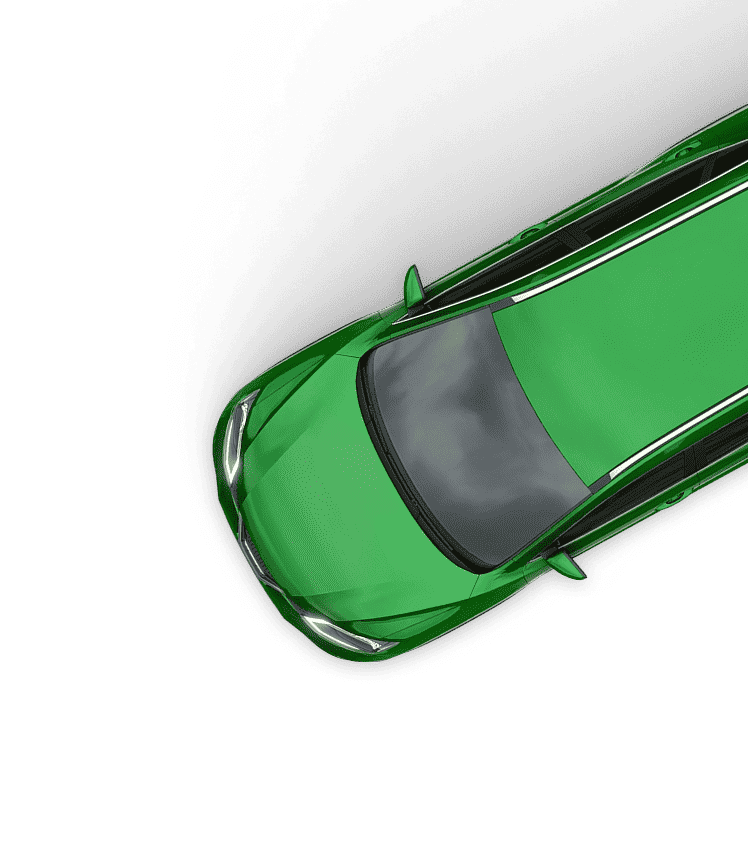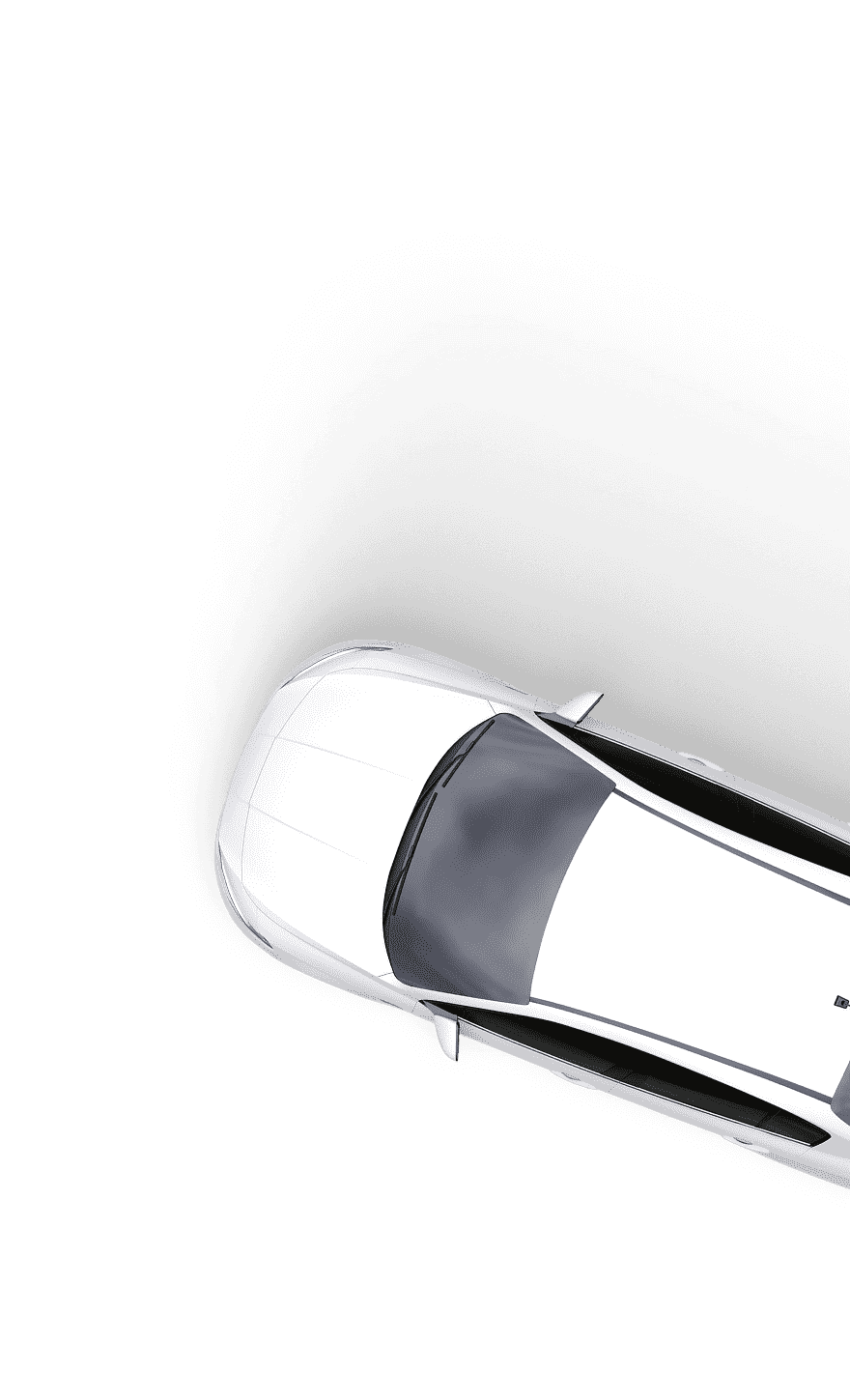Can I Keep My Private Number Plate When I Scrap My Car?
If you’ve got a personalised number plate or a registration you’ve become attached to, you might be worried that scrapping your car will mean you lose it forever.
So, can you keep your personalised number plate when you scrap your car? The answer is yes, you can keep it but there is a legal process to follow and, unfortunately, a fee to pay. Here, we’ll explain how you can keep your private number plate when scraping your car, including:
- How the DVLA registration retention service works
- What a registration retention certificate is
- How to transfer your registration number to another car
How to keep your personalised registration number when you scrap your car
If you’d like to retain a registration number, you’ve got two options; you can either use the DVLA’s private registration retention service online – or put your registration on retention using their postal service. We’ll walk you through each option here.
Option A: Retaining your number plate online
Using the DVLA’s online personal registration retention service is the quickest and simplest way to keep your private plate. Before you get started you’ll need:
- The 11-digit reference number from your vehicle’s V5C document
- Your credit or debit card for the £80 fee
Step 1:
To start your vehicle registration retention process, you’ll need to visit the DVLA’s online retention service online. When complete, your registration will be immediately removed from your car.
As you work through the short steps online, you’ll need to supply the registration number you want to retain, the V5C reference number, and the keeper’s postcode (as it’s shown on the V5C).
During the retention process, you’ll be asked if you’d like to specify a ‘grantee’ or a ‘nominee’. A grantee is a person or company the car registration retention certificate will be issued to, giving them legal ownership of the registration. You should only complete grantee details if you’re giving or selling the number plate to someone else. A nominee is a little different – it’s someone who will take ownership of the number plate if you transfer it to their vehicle; ideal if you’re planning to give a personalised registration as a gift.
The DVLA registration retention online process costs £80, and you can pay with most credit and debit cards. The service is only available from 7am to 7pm each day.
Step 2:
You’ll receive an immediate electronic confirmation from the DVLA telling you the process is complete – and you’ll receive an official V778 retention certificate in the post within 2 weeks.
At this stage, the car that the plate has been taken from will be issued with a new registration mark – and you’re now safe to sell or scrap the car, without worrying about losing your registration.
Option B: Retain vehicle registration number through the post
The process involved with retaining a vehicle registration through the post is a little more involved than the online process and takes longer to take effect. Before you begin, you’ll need:
- The V5C document for the vehicle that the plate is being taken from
- A cheque, bankers draft or postal order for £80 – made payable to ‘DVLA Swansea’
Step 1:
You’ll need a DVLA V317 form. You can download a copy, or, if you can’t print the form, you can request a copy is sent to you in the post using the DVLA’s form order service.
Step 2:
Making sure you’ve read the V317 guidance notes; you should complete the grey section of the form entitled ‘Option B’. You’ll need to fill out the registration number, make, model, and VIN/chassis details relating to the vehicle. If you’re not sure where else to find it; all this information is on the V5C.
Step 3:
Similar to the online service, you’ll be able to choose a ‘grantee’ and ‘nominee’ for your registration mark. The grantee is the person to whom the retention will be issued to, and the nominee is a person or company who will become the owner of the plate by simply transferring the registration to their car. If you leave this section blank, the retention certificate will be issued to the current registered keeper of the vehicle.
Step 4:
You should check the Option B/Section 2 part of the V317 form and make sure all the supporting documentation required can be sent to the DVLA. Typically, this will include; the V5C form, and the cheque, bankers draft or postal order for the £80 fee.
Step 5:
Send your completed application and the supporting documentation to:
DVLA Personalised Registrations
Swansea
SA99 1DS
Some terms and conditions
There are some terms and conditions laid out that you’ll be asked to confirm through DVLA personalised registration transfer process. They are:
- You must be, or be in the process of becoming, the registered keeper of the vehicle the plate is coming off
- The vehicle must be taxed or have a SORN in place
- The vehicle must move under its own power
- The vehicle must be available for inspection if required
- The vehicle must be of a type that needs either an MOT or HGV test certificate
Don’t worry – most registration number retentions satisfy all of these conditions, and it’s very uncommon for the DVLA to inspect a vehicle when you’re simply retaining a registration mark. If you’re not sure about any of these conditions, you can discuss your circumstances with the DVLA by calling 0300 790 6802.
What is a registration plate retention certificate?
A registration mark retention document is the ideal solution when people ask, “how do I retain my registration number?” but don’t have a car they want to put it on. The official name for the DVLA personal registration retention certificate is a V778.
A V778 document will allow you to hold a personalised registration for up to 10 years; although this can be extended easily. When you find a car that you’d like to put your plate on, you’ll be able to use the reference numbers on the V778 to instantly apply it to this vehicle using the DVLA’s convenient online service.






